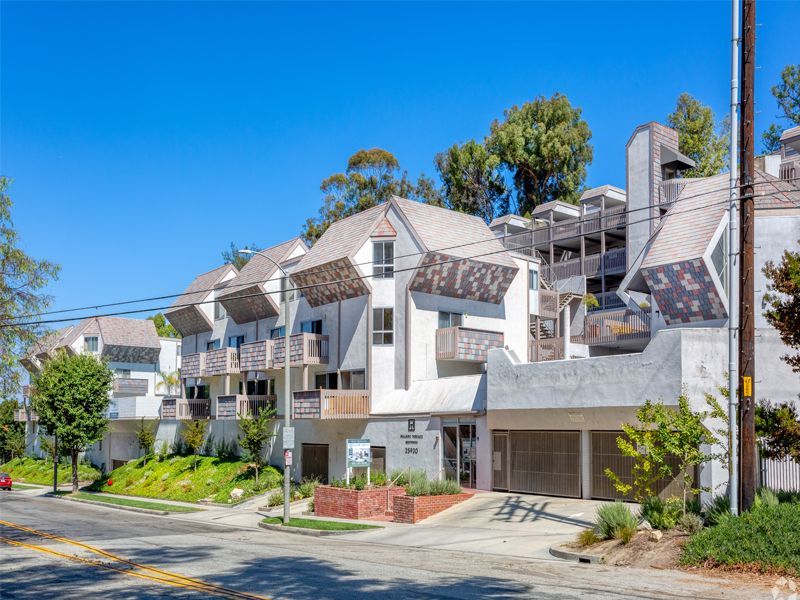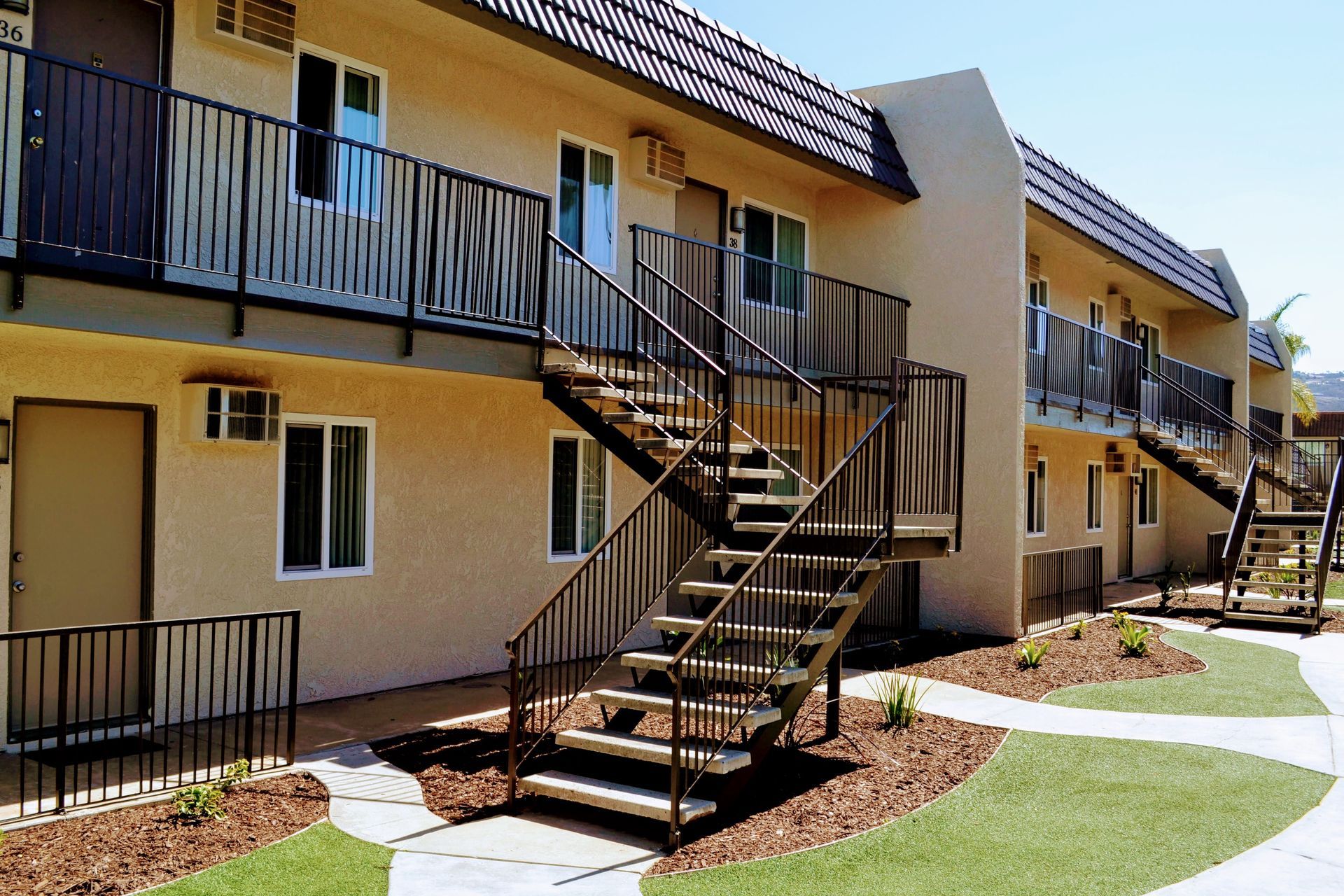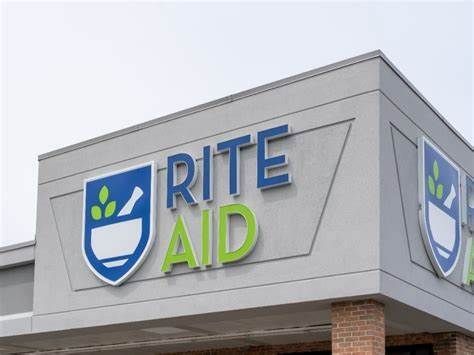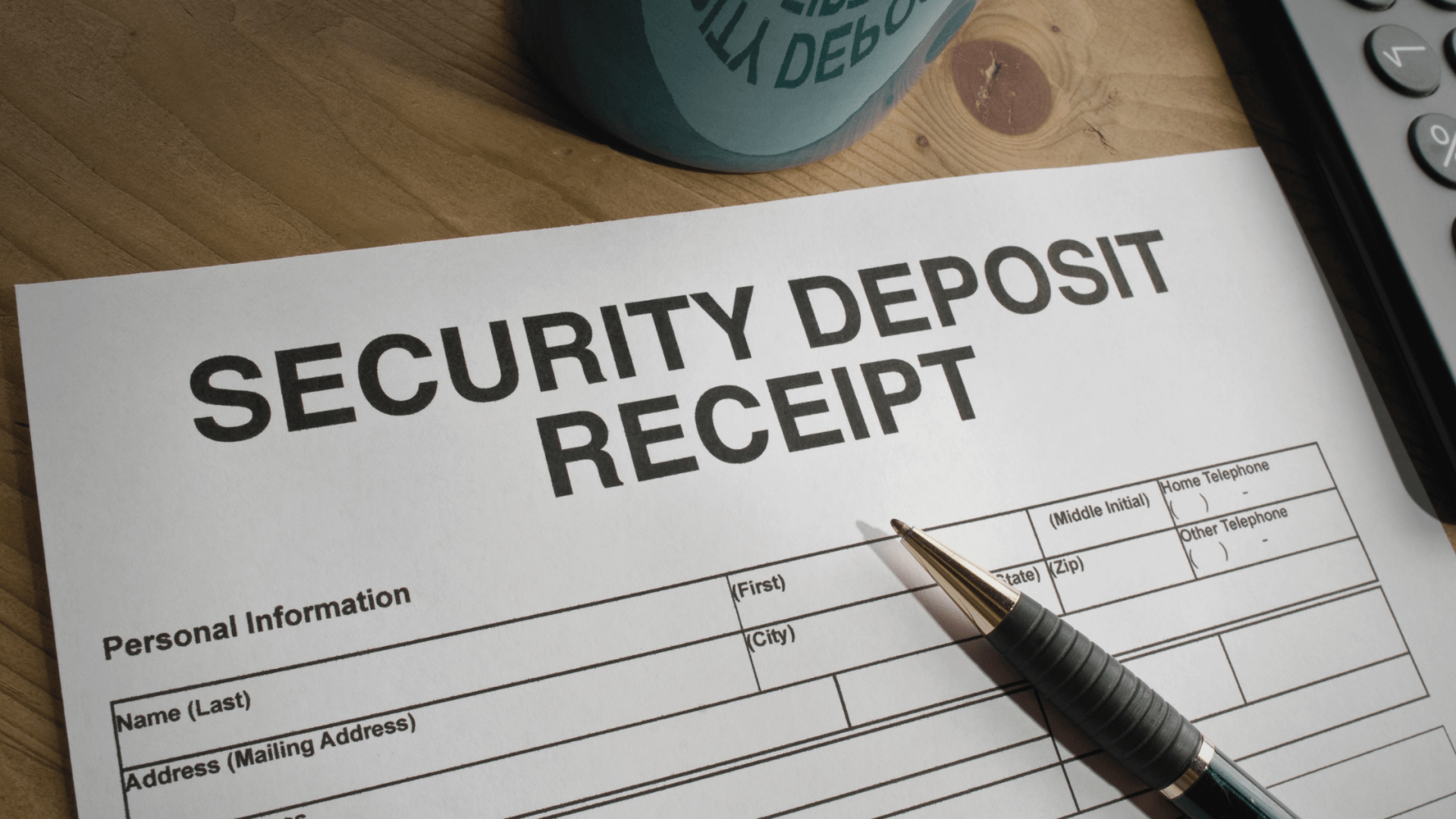Residential Eviction Moratorium Update
Since March of 2020, I have been closely watching each of the local (where we manage portfolios), state (CA), and federal eviction moratoriums. In Q2 last year, it seemed like the laws changed daily. While that momentum has changed, the confusion and muddy waters have continued.
I want to take this opportunity to break down some of the most important moratoriums in place at the moment for residential properties. While I have been happily surprised by the low delinquency rates in Southern California, the risk and concern are continuing to rise.
With the new Presidential administration in place, my focus in recent weeks has moved to the federal level. Within Biden's first 100 days, I expect to see major legislation and executive action.
On his first day in office, Biden signed an extension of the Centers for Disease Control (CDC) moratorium through March 31, 2021. The effect of the federal order in California is mostly dependent on the fate of the State's eviction moratorium (AB 3088).
AB 3088 is the legislation behind the COVID-19 Tenant Relief Act, signed into effect by Governor Newsom on August 31, 2020, and is set to expire on January 31, 2021.
What are AB 3088 & SB 91?
Under AB 3088, affected tenants were required to submit a declaration of hardship to their landlords to obtain relief. If there was evidence from the tenant's application process that he/she earned more than 130% of the median income, the Landlord could ask for documentation.
Under AB 3088, tenants who declared COVID-related hardships have until the end of January 2021 to pay at least 25% of back rent accrued since September 1, 2020. Tenants who miss the payment deadline can face eviction beginning February 1.
Under SB 91 , a bill scheduled to be voted on today, the Eviction Moratorium set to expire this week will be extended until June 30, Gov. Gavin Newsom and Democrats formally announced Monday. The law protects tenants who pay a total of 25% of their rent beginning September 2020 and can prove pandemic-related adversity, like job or salary loss.
The new proposal also establishes a rent subsidy program using $2.6 billion in federal aid to help renters pay down the massive debt accumulation. The program would pay landlords 80% of any missing rent accrued between April 2020 and March 2021. However, they'd have to agree to forgive the remaining 20% and promise not to pursue eviction to qualify for the benefits, according to the legislation.
If landlords chose against that option, but the tenants apply for the assistance, the program would cover up to 25% of unpaid rent. The plan would also pay 25% of rent directly to landlords for up to three months, beginning in March 2021.
Regardless of what decision landlords make, they must notify tenants of the relief program before proceeding with evictions. Judges could reduce total damages owed if landlords reject the program's offerings and take tenants to Court.
State Legislation on Evictions & Moratorium Extensions
As the end of the relevant time period for AB 3088 is drawing near, and Landlords are expected to file 240,000 new eviction cases this year. This is double of what is filed in a typical year. The California Governor is adopting a two-pronged approach to this imminent event: 1) He is seeking to extend the Moratorium, and 2) He has requested more funding from the legislature to support the courts in the event that cases double.
Two bills seek to keep the State moratorium in place. Assembly Bill 15 by Assemblyman David Chiu, D-San Francisco, would extend eviction protections under AB 3088 until the end of this year. Senate Bill 3, by Sens. Anna Caballero, D-Salinas, and Steven Bradford, D-Gardena, would extend AB 3088 through March 2021. Legislators are seeking a replacement. This legislation would extend AB 3088 through March 2021.
The State has added an additional level of aid, with the newly approved stimulus package signed last month: California is now expecting $2.6 billion in rental assistance for both tenants and landlords. This $2.6 billion is part of the $25 billion that was approved by Congress in December.
No-Fault vs. Just Cause Evictions
No-fault evictions fall into two categories: (1) No-fault Just Cause and (2) No-Fault without Cause. Now, for the most part, unless the property is exempt from the Tenant Protection of Act of 2019, you can never evict under the second category. No-fault Just Causes are (1) Intent to occupy the property by the owner or spouse, domestic partner, children, grandchildren, parents, or grandparents; (2) Withdrawal from the rental market; (3) Compliance with an order from the government to vacate; (4) Intent to demolish or substantially remodel.
Nonpayment and Repayment Protocols
Los Angeles County's nonpayment for rent eviction prohibition extends to tenants that provided notice to the Landlord within seven (7) days after the date that rent was due that the tenant was unable to pay rent.
Another clarification is what happens if the tenant does not pay the rent back within the repayment period. Per the Los Angeles Moratorium, a residential tenant's failure to pay back the unpaid rent under the repayment plan shall not be cause to evict the tenant.
It must be noted that a landlord is prohibited from applying a monthly rental payment to any rental debt other than to the prospective month's rent or such other month or rental debt that the residential tenant specifies unless the residential tenant has agreed in writing to allow the payment to be otherwise applied. This shall be an affirmative defense for a residential tenant in any unlawful detainer action filed by a landlord.
If the Moratorium has a repayment protocol at the local level, the payments will commence on or before March 1, 2021, and end by March 31, 2022. Some repayment periods cannot be extended, even if set to begin before March.
Acts of Harassment
As always, it is unlawful to harass a tenant in hopes that they vacate. Acts of harassment include but are not limited to: (1) Interrupting, terminating, or failing to provide for all services required to be provided by the Landlord related to the use of the occupancy of the rental unit; (2) Failing to perform repairs and maintenance or failing to exercise due diligence in completing repairs and maintenance once started; (3) Abusing right to access the rental unit; (4) Abusing a tenant with words that are offensive and inherently likely to provoke an immediate violent reaction; (5) Influencing or attempting to influence a tenant to vacate through fraud, intimidation or coercion.
Clear as Mud
So the answer to "can I evict a tenant yet" is still very murky as deadlines, prohibitions, protocols, and legislation brings in new rules. The short answer is that Federal and State legislation provides the baseline for the law. However, County and local ordinances often dictate precisely how the laws are implemented, and more importantly, which parties are protected and how it will likely be viewed in Court.
You must have a correct understanding of your rights, obligations, and the law as it applies to your particular situation. For landlords, you must handle tenants, evictions, and payments carefully.
Property Management Made Easy
Contact Us - Contact Page
We will get back to you as soon as possible
Please try again later
Los Angeles
1411 W. 190th St.,
Suite 225
Los Angeles, CA 90248
Temecula
41743 Enterprise Circle N.,
Suite 207
Temecula, CA 92590

P.O. BOX #1489
TORRANCE, CA 90505








